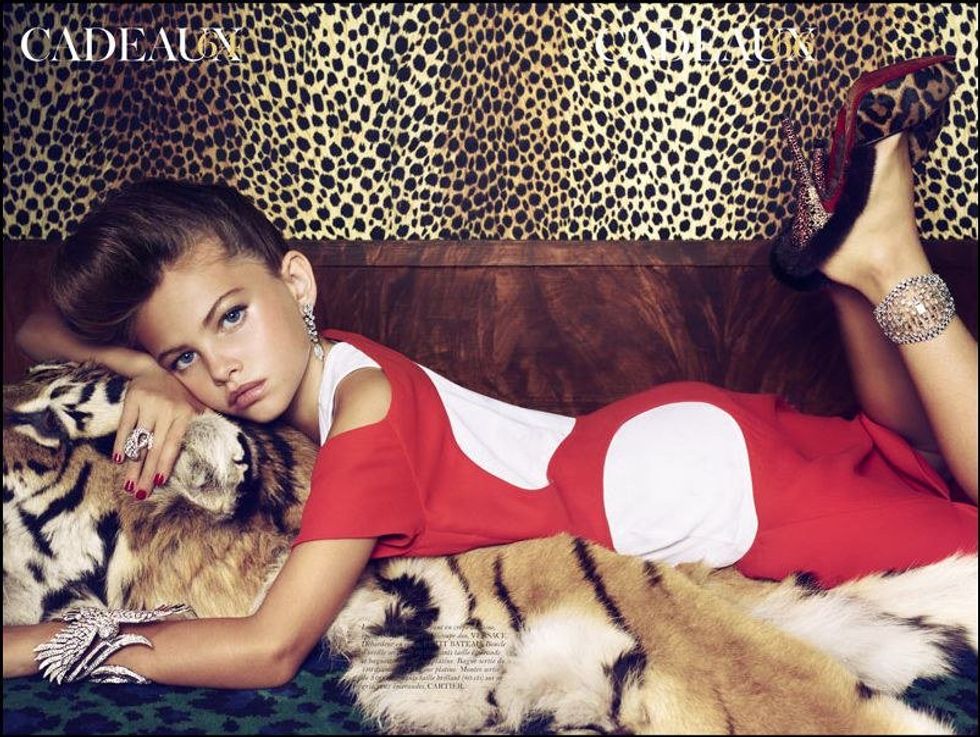Before college, if someone asked me to answer how culture forms shape gender I would only look on the surface. Because of my lack of knowledge on the topic, I would think in a marginalized spectrum of my own experiences within my culture and my gender. Thus, my answer would deem to be ethnocentric without me even realizing. Now, I answer this question with the understanding of intersectionality, how discourse effects our lives and the culture that we live in, and how our deranged normality’s come from the cultures’ effects on society rather than being within the individual. Individuals are expected to hold normal behaviors of a certain gender within the culture that they grow up within. This culture-centered identity is based on a dichotomous thinking and this thinking teaches individuals to fit specific social standards of their own cultures’ expectations based on their gender, race, and class.
A year ago Darryl Roberts debuted his documentary, “American the Beautiful 3” at URI, which shows how elements of culture shape gender expectations. Darryl Roberts, portrays the over-sexualization of teenagers in current cultures of America. In the film, Roberts highlights how women in America are pushed to keep a “sexy” appearance and are viewed as an object of sexual desire. This film denotes a message that culture is forming the minds of young girls and boys to fit into an expectation and it is causing maladaptive behavior.
There is a part of the film that shows young girls at a beauty pageant being pushed by their own parents against their will to put on dresses and heels for a dance to show that they are “sexy”, to paint their faces with makeup to be “pretty”, and, in short, to change who they are into something that someone can judge. These young girls are taught by their parents and culture that their worth is based on their appearance and they are mirroring exactly what society pressures them to be. More importantly, by practicing these overly sexualized habits, young girls start to believe that it is normal to act in such an unhealthy manner because they are doing what they are “supposed” to be doing as girls in society.
Similarly, I have recently read Sexual Objectification, by Caroline Heldman, which gives light to how culture norms push women to be viewed as sex objects and shows that culture pushes men to objectify women. Heldman writes, “Pop culture sells…girls a hurtful fiction that their value lies in how sexy they appear to others…at the same time, sexuality is stigmatized in women but encouraged in men. We learn that men want and women want-to-be-wanted.”
Common culture, many times, depicts man as the victimizer and women as the victim. In some cases, that is truth, but, in the case of cultures shaping gender expectations, young men and women are both being taught morphed views of how to act by the images they see throughout media. Teenagers, both girls and boys, strive to fit these images because when an identity is handed to you, it is easier to fit that certain role than to stray away and identify your own. This reason makes it easier to fit what popular culture expects from each gender.
Although I believe problems can erupt from the way culture shapes traditional gender expectations, I believe that these problems may cause society to strive to change and move past traditional gender norms. Because, when a problem is enough, people start to notice it, and the stronger people start to change it. This is the same type of thinking that Anita Little talks about in her article, FB Rape Campaign Takes on Misogyny And Wins.
This specific campaign talks about how the people in the campaign have “harnessed the power in social media to bring about positive change” and how these participants have shown the “power of collaborative action” through the very outlet that also disrupts positive change—media. By realizing the objectification of social media sites that make up our culture, they were able to reach a more positive edge on how to progress through the destruction of media on society. They were able to defy the traditional norms of gender by using a popular form of culture.
So how can millennials help? Personally, being a part of the generation that has become dependent on elements of culture, it is easy for my peers and me to participate in a global change using media. I am an avid user of social networks that are popular today and I know that with one click I can start a globally connected collaboration that involves any major issue that is relevant in today’s culture. To the people like me, we must realize that our control of change is within our own hands. We are apart of the generation that must make a difference to defy gender norms. We must be courageous enough to stitch a common thread to conduct a collaborative and positive change, today.
We should be aware that cultural forms place individuals into gender categories and expect those people to resemble the norm of that gender category. These hierarchical rules falsely govern what it means to hold an intersectional and equal community. People speak up when they have a reason to and so, when someone does speak, we must listen because it is something that must be heard. To those of you that think your own voices are not important, it is still a voice that needs to be heard. It is a voice that can be followed with change. Lastly, I encourage you to remember that it is not the individual that decides to bring about a deadly discourse of oppression towards gender, it is the taught discourse itself that brings about this mentality. This is a discourse that is just comfortable for individuals to follow. I urge you to become uncomfortable and yes, push boundaries because it is the individual that decides to break free from such a deadly discourse.
We need to teach ourselves to be able to speak, whether it be through media or in our daily phrases and words. We need to understand the importance of unlearning this deadly discourse of over-sexualization of children, with both girls and boys, in the media and in life. If not for you, for your future children, nieces and nephews or little brothers and sisters. Speak for any new life that you feel should not be held to a standard.
Speak for any life that you feel should have the freedom of being themselves without someone telling them to lift their skirt a little higher or to have more machismo in the way they act. Because it's already weird that no one has middle school awkward stages anymore filled with leggings under jean skirts and braces, but it's even weirder that no one sees the downfall effect of that on kids in the future.





















